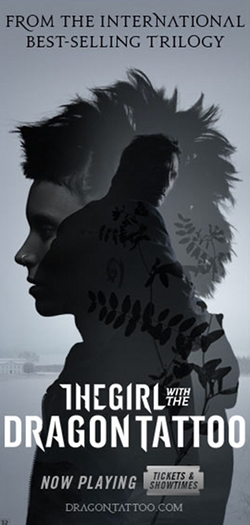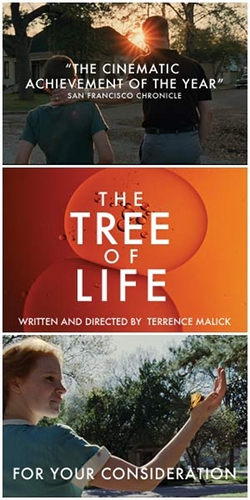Review: Carrie (1976)
What if you were a powerful person? What if you had the strength to show people exactly how you feel, to push back when they push? Most of us might find this question liberating, but as we learn from Brian De Palma’s Carrie, pain and horror is cumulative and the more we receive, the more we can dish out. Bottled up within all of us is the desire to lash out and destroy that which seeks to destroy us. Acting upon this desire can result in a gymnasium engulfed in flames, parental figures crucified by kitchen utensils and of course, buckets of blood.
When watching Carrie, it’s easy, as is the case in many classic horror films, to get caught up in the spectacle and forget that what you’re actually watching is a beautifully crafted and intimate film. Sissy Spacek delivers an endearingly fragile performance as the quintessential high school outcast, Carrie White. With her terrifyingly Old Testament mother played by Piper Laurie and heckling classmates around every corner, it’s hard not to empathize with Carrie’s struggle to fit in. Once you add to the mix De Palma’s operatically emotive use of camera and Pino Donaggio’s score that is both melodic and malicious, you have a truly emotional and personal work of horror. It’s kind of a rarity.
Some people take one look at Carrie and think “oh, teen angst.” A tormented teen gets to fight back against her tormentors. The appeal is an obvious one; it’s every outcast’s dream. But that’s a shallow reading of the film. If it were simply meant to empower the outcast then it wouldn’t include elements like Carrie killing the only teacher who looked out for her, or collapsing the house onto herself. There’s a deeper theme at work that reaches beyond the walls of high school. It’s about being trapped in tragically alienating circumstances. We’ve all felt what it’s like when the world seems to be an elite club we’ll never be a part of. This is the story of an outsider whose warranted anger at normative society eventually leads to the destruction of all, including herself. It’s not about being different and proud of it, it’s about the mutually devastating power of intolerance.
By the end of the film, Carrie’s tragic decent into murderous rage seems almost inevitable and in that way she’s not only the monster, she’s the victim, much like Frankenstein’s creation. Simply substitute a mad scientist and a bolt of lightening for high school and an overbearing mother and you’ll find they’re both equally capable of creating a monster.
So, is Carrie a villain or victim? There aren’t a lot of female horror icons, so it’s tempting to call her a villain, but the answer is really a personal interpretation. One thing is certain, we can blame Carrie for the whole “caked in blood” look that’s taken over modern horror fashions. It would be hard to find a new horror film that doesn’t end with the heroine red from head to toe.
Carrie is a compassionate horror film with a deep understanding of exactly what it’s like to be on the outside looking in. So, next time you feel like alienating somebody, just try to remember this simple phrase: “They’re all going to laugh at you.” Cause you never know, they might just be telekinetic.


















 Review: Funny Games (2007)
Review: Funny Games (2007) Review: Osaka Elegy (1936)
Review: Osaka Elegy (1936) Review: Miss Bala (2011)
Review: Miss Bala (2011) Review: Hidden (2005)
Review: Hidden (2005) Review: Watching TV With The Red Chinese (2012)
Review: Watching TV With The Red Chinese (2012)


